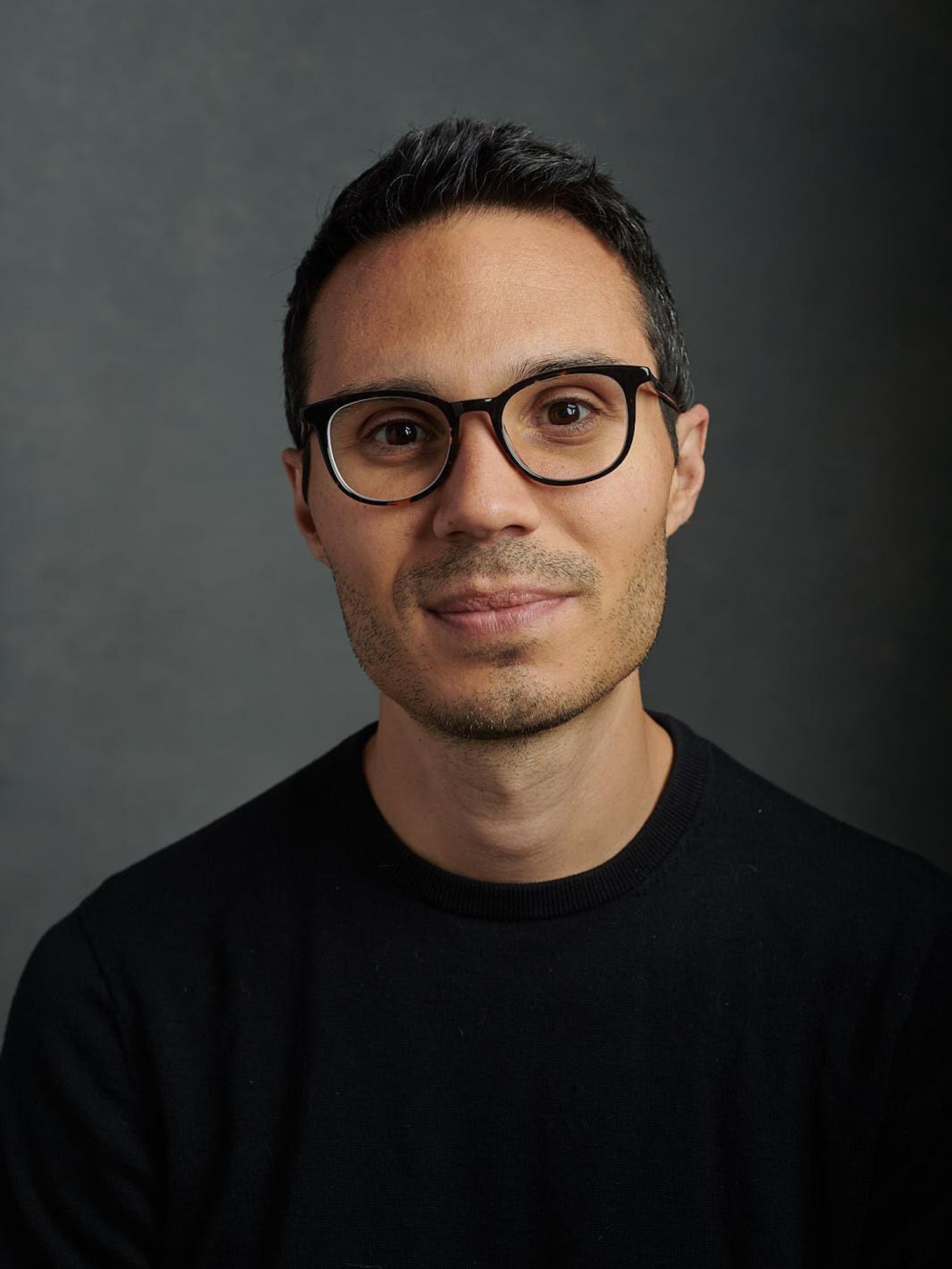Thrive Market’s Nick Green on Making Healthy Options Accessible
Spencer Rascoff serves as executive chairman of dot.LA. He is an entrepreneur and company leader who co-founded Zillow, Hotwire, dot.LA, Pacaso and Supernova, and who served as Zillow's CEO for a decade. During Spencer's time as CEO, Zillow won dozens of "best places to work" awards as it grew to over 4,500 employees, $3 billion in revenue, and $10 billion in market capitalization. Prior to Zillow, Spencer co-founded and was VP Corporate Development of Hotwire, which was sold to Expedia for $685 million in 2003. Through his startup studio and venture capital firm, 75 & Sunny, Spencer is an active angel investor in over 100 companies and is incubating several more.

On this episode of Office Hours, host Spencer Rascoff talks with Thrive Market co-founder and CEO Nick Green about his company’s mission to make healthy groceries more accessible.
Most people in his middle-class, Midwest neighborhood where Green grew up were used to diets built on the carb-based food pyramid, along with junk food. His family, however, tried to fill the dinner table with nourishing options.
“I had a mom who was very different,” Green said. “We were that weird house on the block that had no soda, no sugared cereal…She came from a big Mexican-American family. And a lot of her siblings, cousins, parents—it was diabetes, it was heart disease, it was all of these what we now recognize as lifestyle diseases. She basically was just hyper-committed to changing that for her kids.”
That commitment was difficult to sustain without nearby stores dedicated to healthy food, and most people’s understanding of nutrition at the time was lackluster. Add a slim budget to those constraints. and finding quality ingredients was even more challenging, he said. Many people still face the same barriers his mom encountered.
“It's like, you don't live near a healthy retailer. If you do, you can't afford it,” he said. “And even if you can afford it, it's like, where do you start?”
When Thrive Market co-founder Gunnar Lovelace pitched him an idea to invest in a company that was “like Groupon for healthy food,” Green said he perked up.
“It just resonated with me super personally,” he said.
They later abandoned the Groupon-esque concept in favor of a membership-based model that could get non-perishable items to consumers faster and an online platform offering natural, organic items at an affordable price.
“It was really Whole Foods-meets-Costco membership model for the best-selling highest-quality, natural, organic food products,” he said
Thrive Market launched in 2014 with plans to make revenue off of their annual membership fees and then pass along the savings by pricing products at or below the conventional cost.
“Let's get a Kind bar at the price of a Snickers bar, nontoxic laundry detergent below the price of Tide, that kind of thing,” he said.
Thrive worked hard to make their platform easy to use, so that people with families and jobs could quickly search for what they needed. They introduced smart filters to sort by diet and lifestyle, and also let customers get all their items at once, rather than in separate shipments.
Thrive Market has since grown to over a million members and 1,000 employees, Green said.
The pandemic posed a major challenge to the young company, Green said, as more people turned to online shopping and the company had to consider how to rapidly scale, while protecting its employees and customers—in particular those who were at risk.
“You go from a world where some people are shopping online to [one where] everybody all of a sudden…had to be shopping online,” Green said. “You went from a world where some people are thinking about their health to [one where] everybody is concerned about their health. So for us, it was kind of an acceleration of both of the secular trends that we're betting on.”
Thrive launched a COVID Relief Fund to provide free memberships to members and staff who were most affected by the pandemic, which was funded by member donations. It also allowed senior citizens to sign up for a membership for free. But, for others, the company’s membership model, which forces users to sign up for a year, helped keep that growth sustainable.
“So we didn’t get people who just wanted, like, toilet paper and hand sanitizer,” Green said. “We only got people that actually were interested in what the Thrive Market value proposition was”.
Thrive has been able to avoid the steep drop-off that many of its online delivery rivals are now seeing, as customers return to in-store shopping.
“And what's been really heartening for us is seeing that we're retaining the members that we brought in during COVID,” Green said
Want to hear more episodes? Subscribe to Office Hours on Stitcher, Apple Podcasts, Spotify, iHeart Radio or wherever you get your podcasts.
dot.LA Editorial Intern Kristin Snyder contributed to this post.
- Office Hours: Rep. Derek Kilmer on How Social Media Influences ... ›
- Office Hours: Headspace Health CEO Russell Glass on Mental ... ›
- Jennifer Garner on 'Disrupting' the Baby Food Industry - dot.LA ›
- Margaret Wishingrad On Creating Three Wishes Cereal - dot.LA ›
Spencer Rascoff serves as executive chairman of dot.LA. He is an entrepreneur and company leader who co-founded Zillow, Hotwire, dot.LA, Pacaso and Supernova, and who served as Zillow's CEO for a decade. During Spencer's time as CEO, Zillow won dozens of "best places to work" awards as it grew to over 4,500 employees, $3 billion in revenue, and $10 billion in market capitalization. Prior to Zillow, Spencer co-founded and was VP Corporate Development of Hotwire, which was sold to Expedia for $685 million in 2003. Through his startup studio and venture capital firm, 75 & Sunny, Spencer is an active angel investor in over 100 companies and is incubating several more.




 Image Source: Skyryse
Image Source: Skyryse
 Image Source: Northwood Space
Image Source: Northwood Space